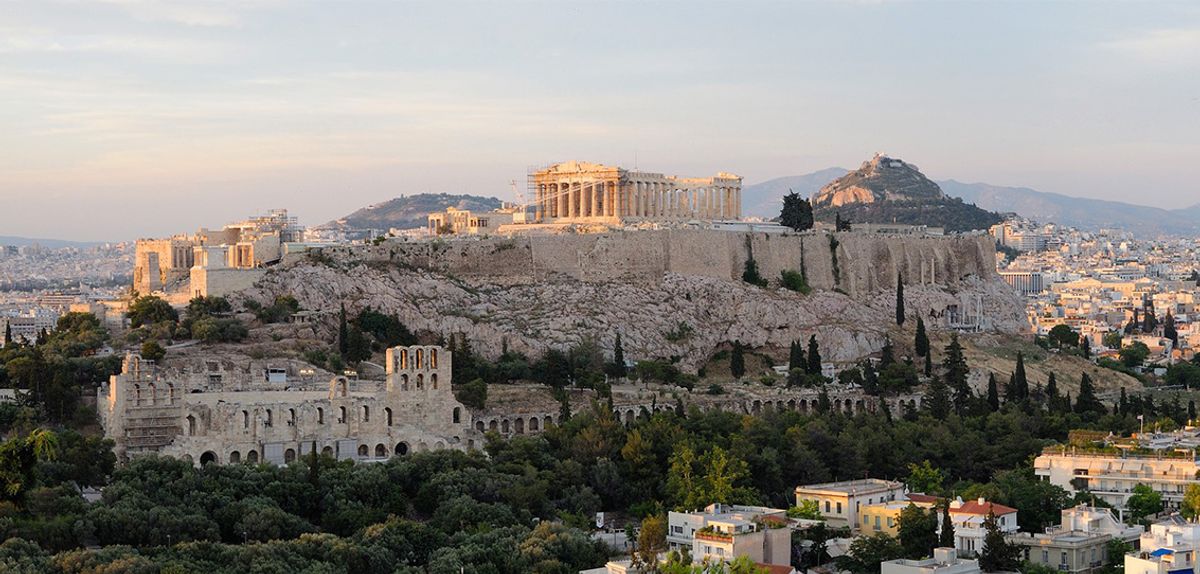The ongoing restitution row over the Parthenon Marbles—housed at the British Museum in London since the early 19th century—shows no sign of abating after the Greek prime minister, Kyriakos Mitsotakis, said he would raise the issue with the UK prime minister Boris Johnson in a meeting scheduled for 16 November.
“Our position is very clear,” Mitsotakis told The Daily Telegraph. “The marbles were stolen in the 19th century, they belong in the Acropolis Museum and we need to discuss this issue in earnest.” But Johnson told the Greek newspaper Ta Nea earlier this year that “the UK government has a firm, longstanding position on the sculptures, which is that they were legally acquired by Lord Elgin under the appropriate laws of the time and have been legally owned by the British Museum’s trustees since their acquisition.”
Mitsotakis even offered to loan some of Greece’s treasures to Britain as part of an exchange deal. “I am sure that if there was a willingness on the part of the [UK] government to move, we could find an arrangement with the British Museum in terms of us sending abroad cultural treasures on loan which have never left the country,” he said.
In September, a Unesco advisory body put pressure on the British Museum to reconsider its position on the Parthenon Marbles. Recommendations to return the marbles to Greece were made by the ICPRCP Intergovernmental Committee which “promotes the return of cultural property to its countries of origin or its restitution in case of illicit appropriation”.
Mitsotakis says the move is significant, stressing that “for the first time, it [Unesco] unanimously adopted a decision recognising that the ‘case has an intergovernmental character and therefore the obligation to return the Parthenon sculptures lies squarely on the UK government’.” He also reiterated his intention at a 75th Unesco anniversary dinner held in Paris on 12 November, saying that the marbles are “emblematic monuments, inextricably linked with the identity of a nation”.
The fifth-century-BC statues have been housed in the British Museum since 1817 after they were removed from the Parthenon temple on the Acropolis in Athens by the Scottish nobleman Lord Elgin, the then ambassador to the Ottoman court.
In an online statement, the trustees of the British Museum say that Elgin acted with the full knowledge and permission of the legal authorities of the day in both Athens and London. “The sculptures on display in London convey huge public benefit as part of the museum's worldwide collection,” they add. The statement reiterates that the trustees have never been asked for a loan of the Parthenon sculptures by Greece, “only for the permanent removal of all of the sculptures in its care to Athens”.
Meanwhile, the British Museum is due to reopen its Greek galleries to the public on 13 December after a full year of closure due to the pandemic and problems linked to crumbling infrastructure. The shoddy state of the galleries, which house the Parthenon Marbles, has fuelled Greek demands for their restitution.


